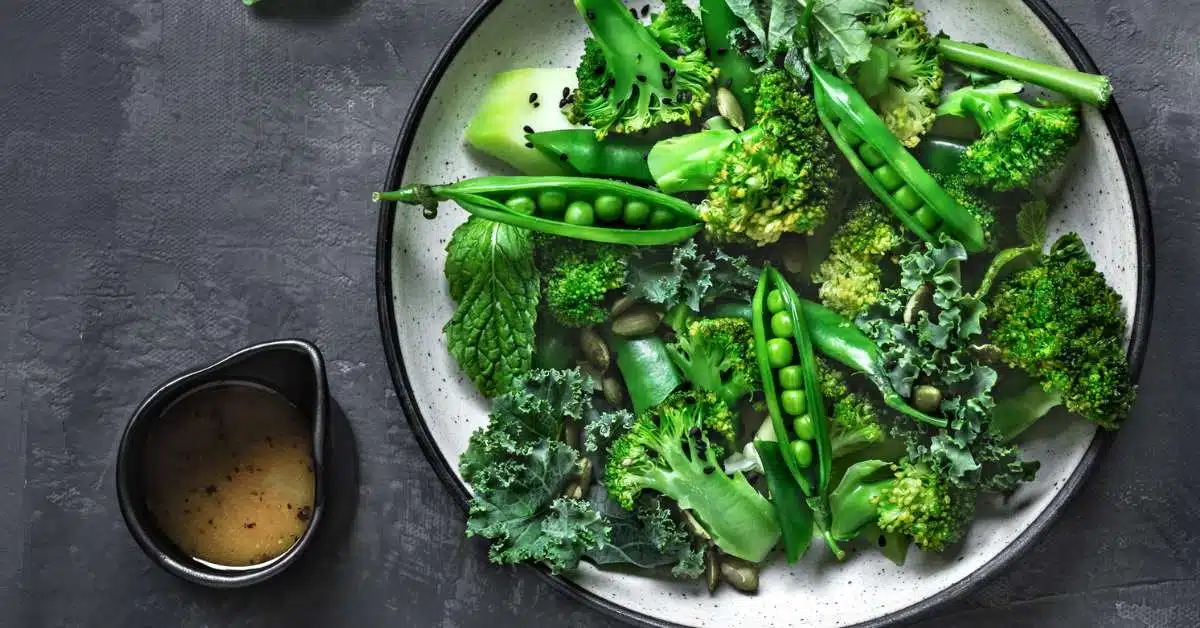If you’re familiar with my style of coaching, you’ll know that not all of my clients track their calories, despite most of them having a fat loss goal.
For my clients that do track their calories though, I will only ever give them a protein and a calorie target to aim towards. Naturally, this will often lead to questions like; “But what about my carbs and fats, how do I know how much to eat?”
Hopefully, by the time you’ve read this article you’ll understand why this is the case.
When It Comes to Fat Loss, Calories Are King
Before I go any further, it’s important that you understand that when it comes to fat loss, calories are king. What I mean by that is, it doesn’t matter how healthy the food is that you’re eating, if you’re eating more calories (through food) than you are expending (through activity), over a period of time your body will store this excess energy as fat and you will gain weight.
The same is true in reverse. As an example, let’s say that eating 1700 calories a day puts you in a calorie deficit and will elicit fat loss, providing this is maintained over time. No matter where those 1700 calories come from, you will lose fat, i.e. you could eat 1700 calories worth of fast food or you could eat 1700 calories worth of lean protein, fruit and vegetables, your body’s reaction will be the same. You will lose fat.
It goes without saying that I don’t recommend you do the former, where possible you want to be choosing the most nutrient dense ingredients as possible. Not only for health reasons but it will also make sticking to your calorie deficit easier, more on this another time but in short; 1700 calories worth of fast food is not a lot of food at all and therefore unlikely to satisfy you and keep you full. 1700 calories worth of lean protein, fruit, veg and wholegrain carbohydrates on the other hand, can be a lot of food and the high fibre and protein content will help contribute to satiation and feeling fuller for longer.
There Are 3 Macronutrients, Why Do I Only Need to Focus on Protein?
All three macronutrients (protein, carbohydrates and fat) are important and essential to have in your day to day diet. When it comes to fat loss though, protein has a couple of key roles to play;
1) We find protein more satiating than we do carbohydrates and fats. Therefore, ensuring that you are consuming adequate protein will lead to higher levels of satiation following a meal, keeping you fuller for longer and thus, making your calorie deficit easier to stick to.
2) Protein is a key player in both the building and maintenance of muscle mass. When you are in a calorie deficit, you are not just losing fat, you will also be losing some muscle mass too. A high protein diet (1.2-1.6g per kg of bodyweight) encourages your body to preserve muscle tissue which is important as a higher muscle mass has many important health benefits.
So, What Do I Do About Carbs & Fats Then?
As I said, carbohydrates and fats are important, I don’t want you, nor my clients to neglect them. However, as you may already know, tracking your calories and hitting your protein target can be quite a lot of effort already, so if you don’t need two more targets to aim for, I suggest you don’t. The simpler, the better.
I prefer to let my clients’ dietary preferences dictate where their carbohydrate and fat intakes lie. As an example, you may prefer a higher carbohydrate diet; oats for breakfast, a sandwich for lunch and pasta for dinner. Whereas I might prefer a higher fat diet; a cheesy omelette for breakfast, a halloumi and avocado salad for lunch and salmon for dinner. To reiterate, providing that you are within what is a calorie deficit for you, the split between carbohydrates and fats doesn’t matter.
Some Considerations To Be Making
Though you may not be focussed on the quantity of your carbohydrates and fats, the quality is important. Where possible;
- Aim for wholegrain/brown carbohydrates, e.g. oats, wholegrain bread and wraps, wholewheat pasta, brown rice, quinoa, bean, legumes and lentils.
- Aim for plant based fat sources, e.g. olive oil, nuts, seeds, avocado and small amounts of good quality dairy products.
If you want to get a bit more technical, it is recommended that no more than 10% of your daily calories should come from saturated fat, e.g. butter, cakes, pastries, fat on meat, ice cream etc due to it’s association with an increased risk in heart disease.
So, there you go; hopefully this article gives you a little more clarity! I really hope you found it helpful, please feel free to share it with others who may also benefit from reading it.
